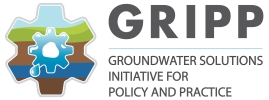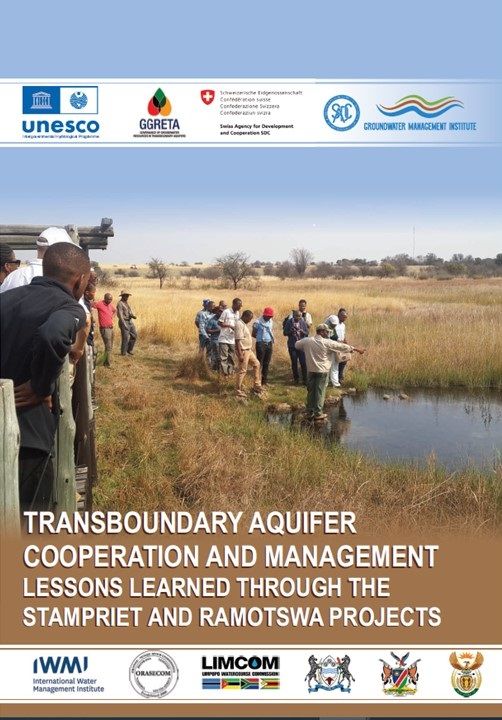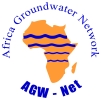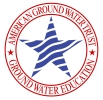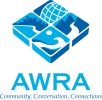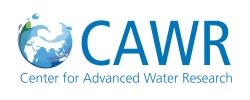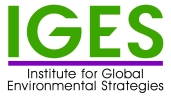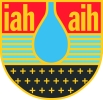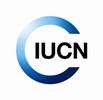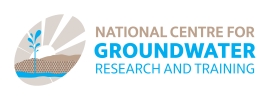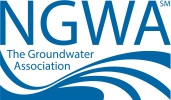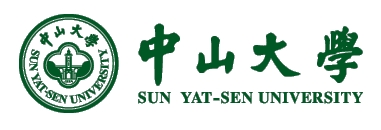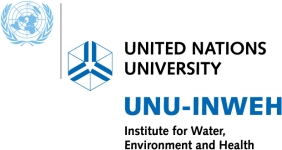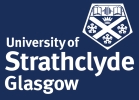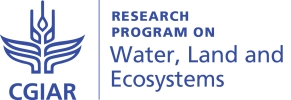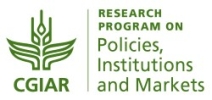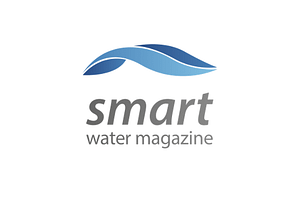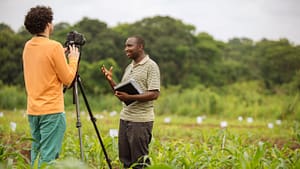The United Nations Educational, Scientific and Cultural Organization – Intergovernmental Hydrological Programme (UNESCO-IHP) has been implementing the project titled ‘Governance of Groundwater Resources in Transboundary Aquifers’ (GGRETA). There were STAS and RAMOTSWA Lessons Learnedthree phases of the project – Phase 1 (2013–2015), Phase 2 (2016–2019), and the current Phase 3 (2019–2021). The project, funded by the Swiss Agency for Development and Cooperation (SDC), addresses key targets on reforming legal, policy and institutional arrangements, strengthening capacity and implementing collective measures at national and regional level to develop sustainable management and governance of transboundary aquifers and associated ecosystems. One of the three pilot transboundary aquifers (TBAs) of GGRETA is the Stampriet Transboundary Aquifer System (STAS) in Southern Africa, which is shared between Botswana, Namibia and South Arica.
The International Water Management Institute (IWMI) implemented the project titled ‘Resilience in the Limpopo Basin: the Potential Role of the Transboundary Ramotswa Aquifer’ (RAMOTSWA). Phase 1 (2015–2017) of the project was funded by the Resilience in the Limpopo Basin Program (RESILIM) under the United States Agency for International Development (USAID), while Phase 2 (2017–2019) was funded directly by USAID as a flagship project. The objective of the RAMOTSWA project was to support a long-term joint vision and cooperation on shared groundwater resources of the Upper Limpopo Basin. The project aimed to facilitate joint management and better governance of groundwater focused on coordination, scientific knowledge, social redress and environmental sustainability, in order to reduce poverty and inequities, and to increase prosperity, livelihoods and food security in the face of climate change and variability.
It is against this background of novel and increasing work on TBAs in the Southern African Development Community (SADC) that UNESCO-IHP, through the Harare Regional Office for Southern Africa and in collaboration with IWMI, implemented an initiative to document and disseminate lessons learned and recommendations from the pioneer STAS and RAMOTSWA projects. The key aim of this initiative is to inform present and future TBA initiatives in the SADC region and beyond. This initiative was implemented largely through a special session at the 3rd SADC Groundwater Conference held on November 24-26, 2020, and also with the publication of a joint report in 2019 by IWMI and partners, distilling early lessons learned.
The new Policy Brief summarizes lessons for policy uptake derived from the special session and subsequent panel discussions, and key findings from the joint report by IWMI and partners. The policy brief epitomizes the cooperation spirit in SADC, facilitating accelerated progress in transboundary water management.
Sign up for GRIPP news and updates
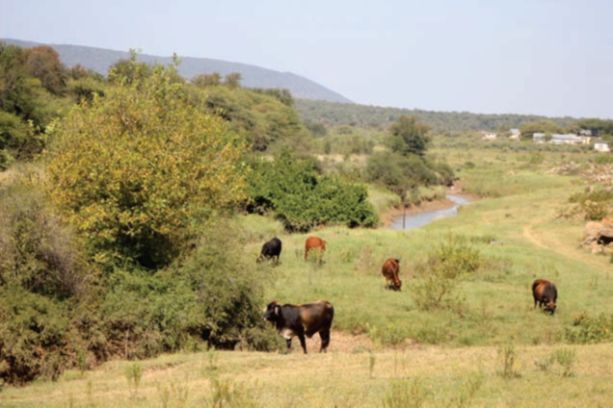
The Ramotswa Transboundary Aquifer Area. The Ngotwane River demarcates the border between Botswana (right) and South Africa (left) (photo: Manuel Magombeyi, IWMI).
Citation:
UNESCO and IWMI, 2021. Transboundary Aquifer Cooperation and Management Lessons Learned through the Stampriet and Ramotswa Projects. Policy Brief. https://gripp.iwmi.org/wp-content/uploads/sites/2/2021/08/STAS-and-RAMOTSWA-Lessons-Learned.pdf






